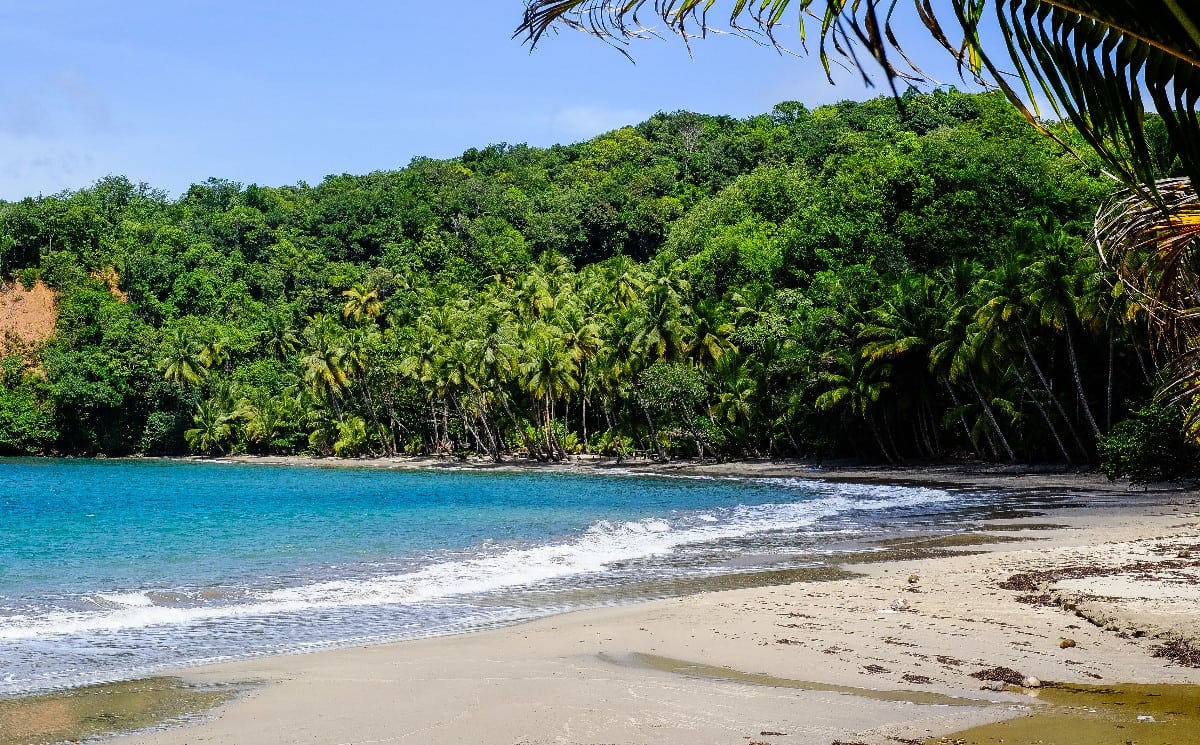 Photo courtesy of Matthias Ripp on Flickr
Photo courtesy of Matthias Ripp on Flickr
Buying Caribbean Citizenship, and the Money Laundering That Follows
Did you know you can buy citizenship to a country? To become a citizen of the Caribbean island of Dominica, one needs to invest only $100,000 in the island. Becoming a citizen of St. Kitts takes a $200,000 investment. Meant to increase the cash flow and cultivate the economies of several Caribbean nations, the “citizenship by investment” programs that take place on the islands have in part allowed for money laundering. An upcoming July 4-6 CARICOM (a group of fifteen developing countries stretching from the Bahamas to Guyana and Suriname) conference in July will undoubtedly address the validity and problems associated with such programs.
Depending on the island and the specific program, the usual cost to become a citizen is between $100,000 and $400,000. Citizenship offers free movement within CARICOM and visa-free entry to many other countries, and can be passed to families and relatives for an additional cost. International money launderers use these Caribbean passport programs as a means to get into the US and Canada, as well as a way to bring in “‘illicit dollars via licit means.”
The 2018 US Department of State International Narcotics Control Strategy Report named all 15 CARICOM countries as countries “whose financial institutions engage in currency transactions involving significant amounts of proceeds from international narcotics trafficking.” Therefore, they are included on the 2018 list of major money laundering countries because of the “relationship… including all countries and other jurisdictions, whose financial institutions engage in transactions involving significant amounts of proceeds from all serious crime.” Economic citizenship programs contribute to this money laundering. Attorneys, bankers, and financial advisers create corporations, trusts, and foundations with economic citizenship proceeds in the Caribbean. They then use foreign attorneys as intermediaries to “turn dirty money into clean money.”
Money laundering is a US national security threat. It enables drug trafficking, violence, corruption, terrorism financing, and governmental and societal instability. Since the Caribbean is the US’ “third border,” ensuring the validity of these islands is important for the US foreign policy agenda. There have been several instances where the security of the US has been compromised because of money laundering schemes.
For instance, on March 19, 2018, Ali Sadr Hashemi Nejad, chairman of Malta-based Pilatus Bank, was arrested in Washington DC for his involvement in attempts to evade US sanctions against Iran. He allegedly defrauded the US, and committed money laundering and fraud. He was using a St. Kitts passport from the economic citizenship program. By declaring his address as Dubai on his St. Kitts passport, Sadr was able to evade sanctions. With his father and other associates, he then used the passport to set up companies in Turkey and Switzerland, which received $115 million through Swiss bank accounts from a Venezuelan oil company. The payments were cleared by US banks and then transferred to Sadr’s company in the British Virgin Islands. Economic citizenship programs help enable these actions.
Countries with economic citizenship programs need to implement more secure background checks. Additionally, the Financial Action Task Force on Money Laundering (FATF), an intergovernmental program that promotes the security of international financial systems, should take greater action in uncovering illicit money laundering activity by holding its associate member, the Caribbean Financial Action Task Force (CFATF) more accountable in its operations. For example, the January 2018 CFATF assessors training workshop in Guyana did not include delegates from any of the countries in which the “citizenship by investment” programs exist. While the workshop equipped over 50 Caribbean delegates with the tools necessary to assess the technical compliance with FATF recommendations and the effectiveness of a country’s Anti-Money Laundering/Countering the Financing of Terrorism (AML/CFT) procedures, it would have been far more conducive to include the regional countries that are affiliated with “citizenship by investment” programs.
In the future, the CFATF should involve all countries associated with economic citizenship programs in its workshops in order to promote transparency and highlight the issues that arise with such programs. Banks in countries with economic citizenship programs must also be more vigilant in recognizing illegal activity, and take steps to secure anti-laundering programs. Additional procedures and programs should be put in place in order to hold governments and banks more accountable for uncovering money laundering and other illicit behavior. Furthermore, the US, holding a heavy stake in this issue, should also pressure the FATF and CFATF to create more liable programs.






